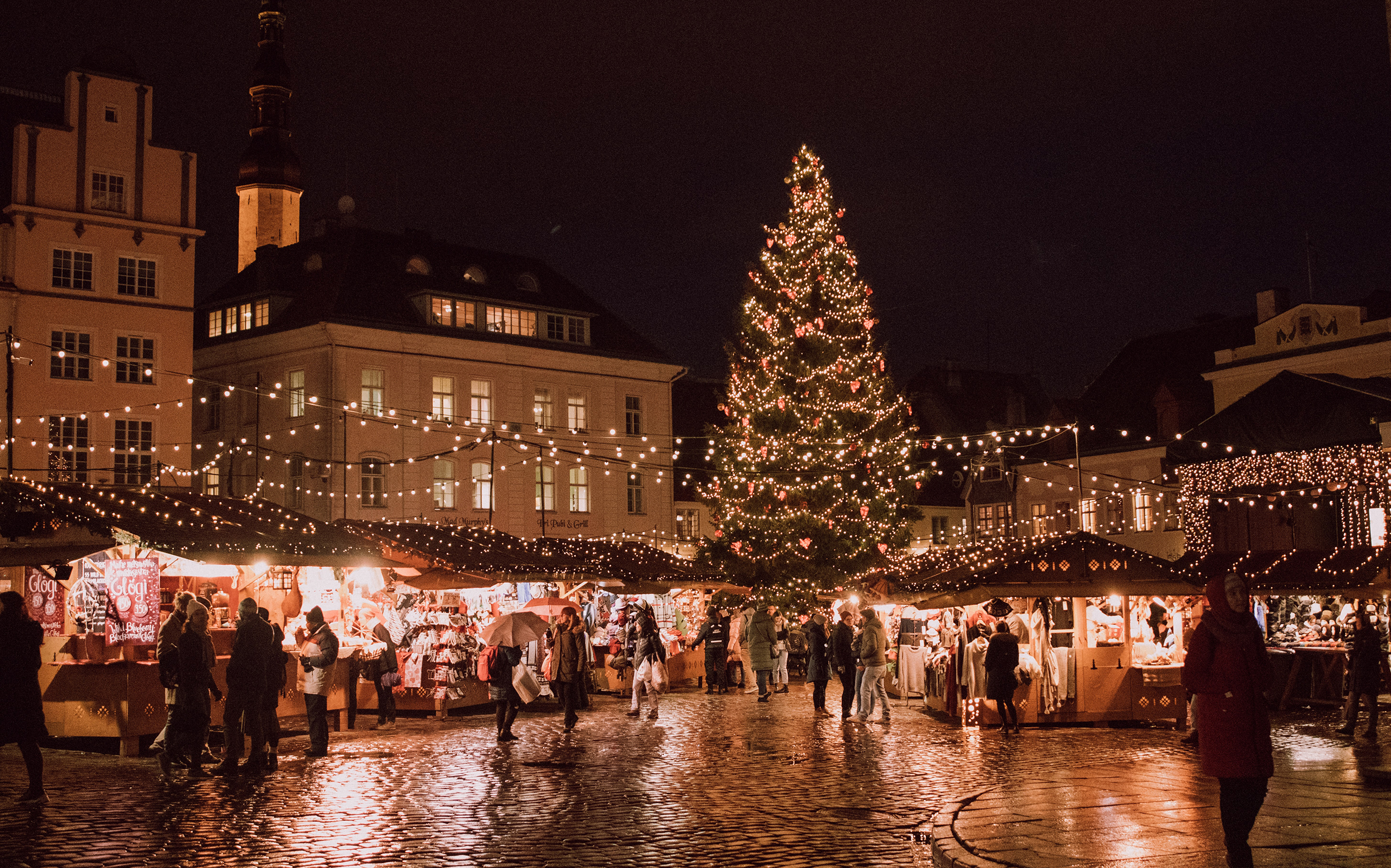 Photo by Алсу Ягудина on Unsplash
Photo by Алсу Ягудина on UnsplashSAFETY TIPS FOR HOLIDAY TRAVEL: WHAT YOU NEED TO KNOW (2025 UPDATE)
That special tang in the air isn't coming from the Canadian wildfires or a pumpkin-spice latte. It’s coming from what promises to be a hot mess of a 2025 holiday travel season.
We have been preparing our compendium of holiday-travel safety tips for almost a decade, and we always say the holiday-travel season is going to be chaos, and it always is.
We’re not about to deviate from our predictions this year. Not with the specter of a lingering government shutdown looming over everyone’s heads.
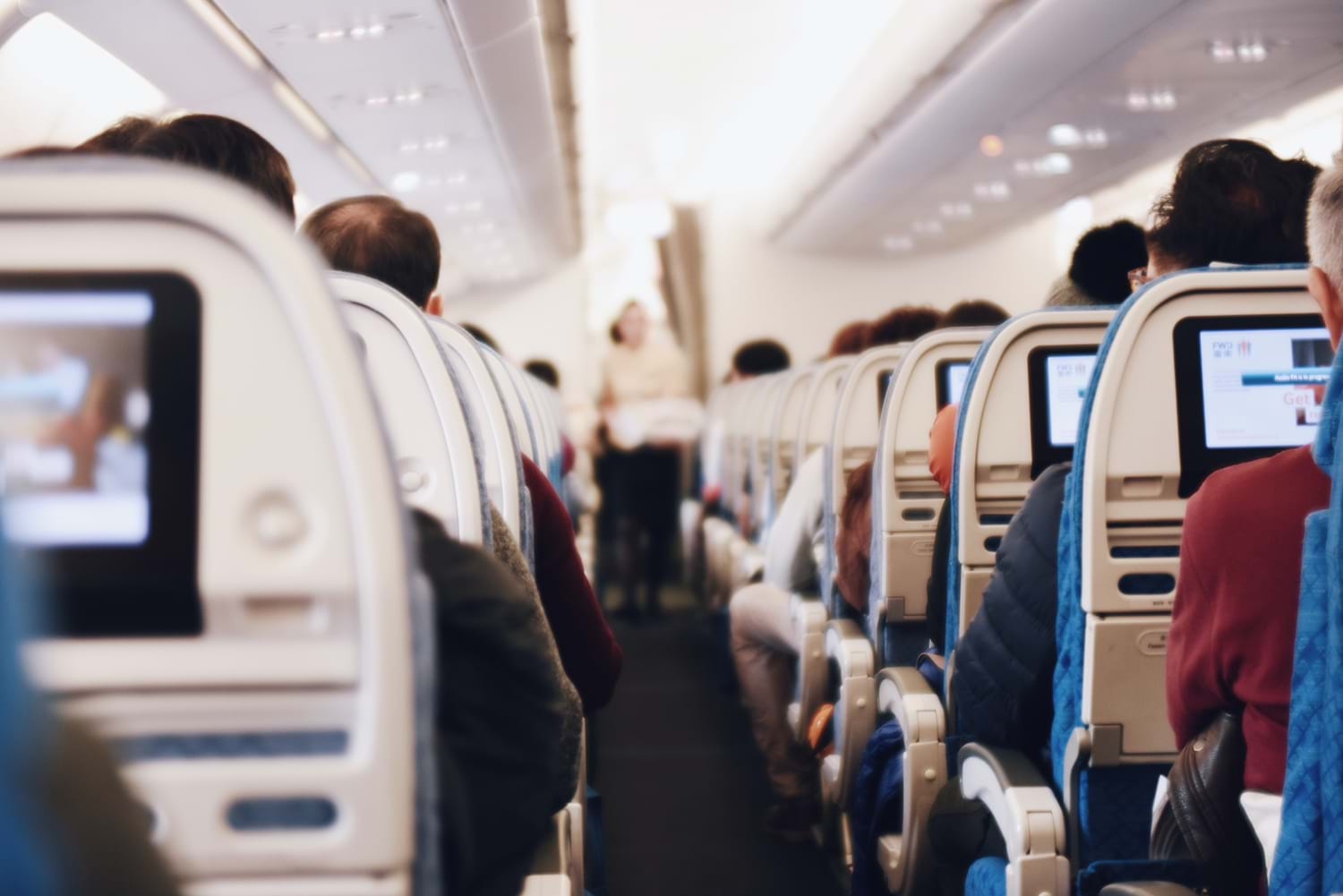 Photo by Suhyeon Choi on Unsplash
Photo by Suhyeon Choi on Unsplash
THE BIG TRENDS THAT WILL IMPACT 2025 HOLIDAY TRAVEL
Why is holiday travel such a bear?
- The transportation system
- The weather
- The crowds
- The hassles
- The costs
- The hot destinations
- The timing
The transportation system
No matter how you want to get from Point A to Point B this holiday season, there’s a problem.
Air travel
At least 10 times this late summer and early fall major airports – generally in the east, often named “Newark” – have had to call a “ground stop” (a halting of all air-traffic activity) because of issues.
The reasons for these stops vary, but often they’re due to staffing or tech issues.
For instance, staffing issues combined with a travel surge led to a Labor Day ground stop in Newark, and those staffing issues likely won’t be resolved by Christmas.
What does this mean? Greater chances of:
- Delays
- Cancellations
- Long tarmac waits
- Missed connections
There is every reason to believe this is not going to be pretty.
Train travel
While the new high-speed (by U.S. standards) Acela trains are in service in the Northeast Corridor, construction in the Corridor and points south will result in delays, and nothing’s been done to address the usual spate of delays out west.
Driving
September is early for AAA’s holiday-travel projections, and besides, numbers are sort of meaningless when you’re stuck in a traffic snarl around Chicago or trying to break out of the New York/New Jersey/Philly mess.
Holiday traffic is always an issue, and it’ll be an issue this year as well. Where it’s worst will depend in large part on ...
The weather
The projections from the National Oceanic and Atmospheric Administration’s Climate Prediction Center for the holiday months of November 2025-January 2026 include:
- Near-normal temps and lots of precipitation for the Pacific Northwest and Illinois, Indiana, Ohio, and Michigan
- Seasonal in the Upper Midwest and Northeast
- Hot and dry weather for the southern tier
That combination could stir up:
- "Mixed precipitation” across the middle of the country
- Mudslides in the Pacific Northwest
- Wildfires in the Southwest
- Who-knows-what along the Eastern seaboard
Again, these are preliminary forecasts. They can get worse. And remember: "normal winter weather” in the Upper Midwest can include three-foot snowdrifts and temps in the double digits below zero.
You need to be prepared.
The crowds
Last year more than 113 million Americans traveled for the holidays, and the early forecasts project a slight increase in 2025.
AI-powered estimates put the number of people expected to be flying over the holidays at almost 8 million, with more than 107 million driving.
With gas prices estimated to be lower than last year and early weather forecasts generally encouraging, holiday driving would seem primed for a surge.
Higher prices for flights, Spirit’s ongoing financial troubles and continued air-traffic congestion could limit the number of Americans flying, but it's more likely that a combination of flat international fares and strong domestic demand will keep the skies packed.
The costs
The team at The Points Guy suggests that domestic coach fares will be up around 6%, with international coach fares up around 7%. Prices for premium cabin seating are actually down, but from an expensive base.
Those prices might be cheaper in mid-October, typically the best time to book holiday flights, but don’t expect crazy markdowns.
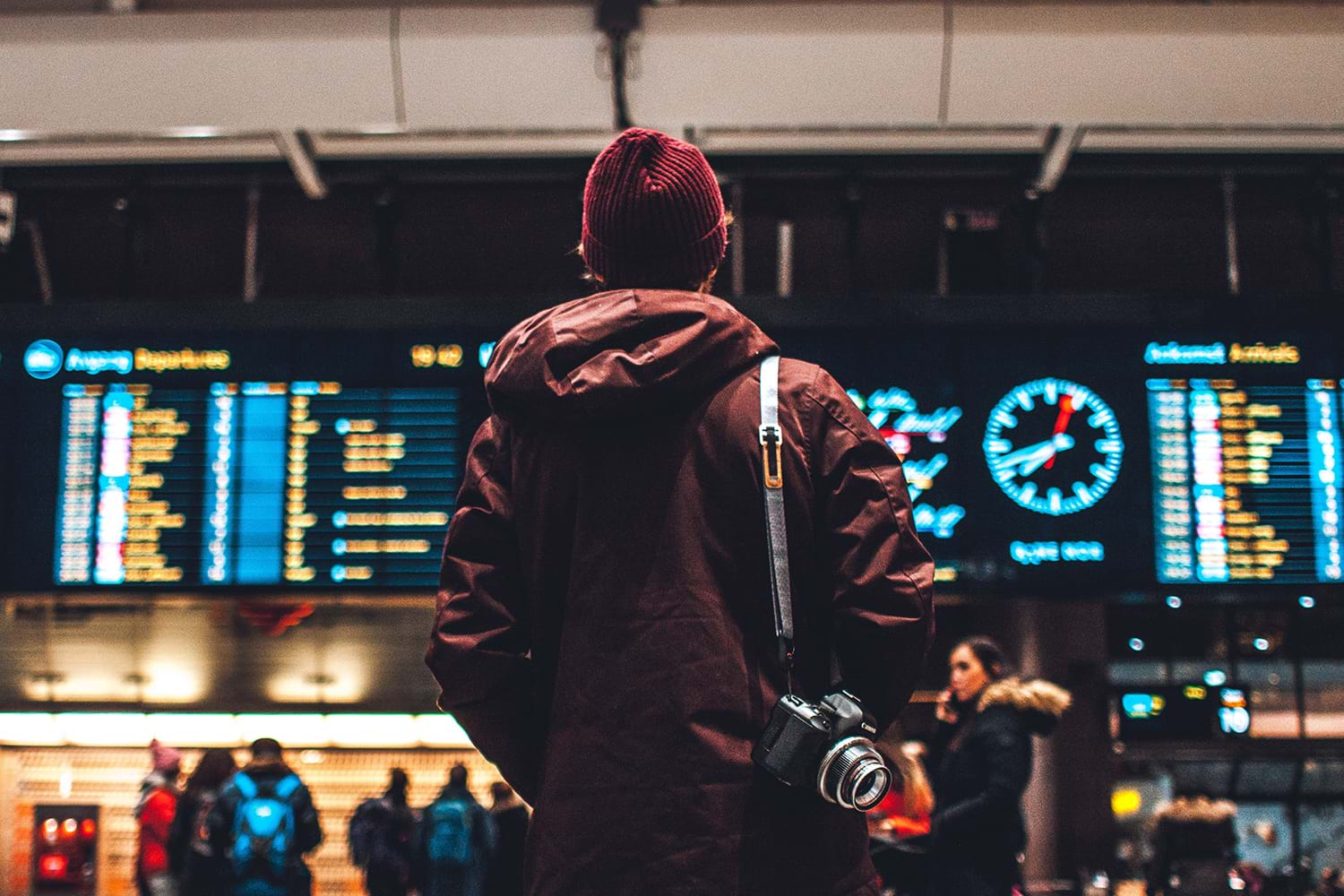 Photo by Erik Odiin on Unsplash
Photo by Erik Odiin on Unsplash
The hot destinations
Data from Google searches suggests these are the hot Thanksgiving destinations:
- Napa
- Orlando
- New York
- Osaka
- Charleston, S.C.
- London
And these are the most-searched Christmas and New Year's Eve destinations:
- Rio de Janeiro
- St. Lucia
- Marrakech
- Bozeman, Mt.
- Columbia, S.C.
- Greece
- Netherlands
There are some attractive destinations here, but if none of them lead to grandmother’s house, some tough choices may be in order.
The timing: When you buy and when you travel
Regardless of where you’re heading, it really matters when you buy your tickets.
Oct. 14 is the magic date. If you buy your ticket then, The Points Guy expect you'll get the season’s best prices.
Will your travel cost less than last year? Don’t get carried away.
It also really matters when you travel.
If you’re traveling domestically and looking to spend as little as possible, The Points Guy recommends you travel on Thanksgiving, where the average ticket is $466.
On the other hand, travel the Tuesday or Wednesday before Thanksgiving and come home on the weekend and you get the crowds and the high prices. The average fare goes up $243 if you travel on Saturday and a whopping $359 if you travel on Sunday.
Driving
Gas prices could stay below $3 a gallon in many parts of the country through Thanksgiving.
This is particularly important for Thanksgiving travel, when about 17% of Americans hit the road.
Lodging
Domestic lodging costs are up 3%-4% in U.S. urban markets and less in more rural markets, according to data from CBRE, so many travelers may not notice any change.
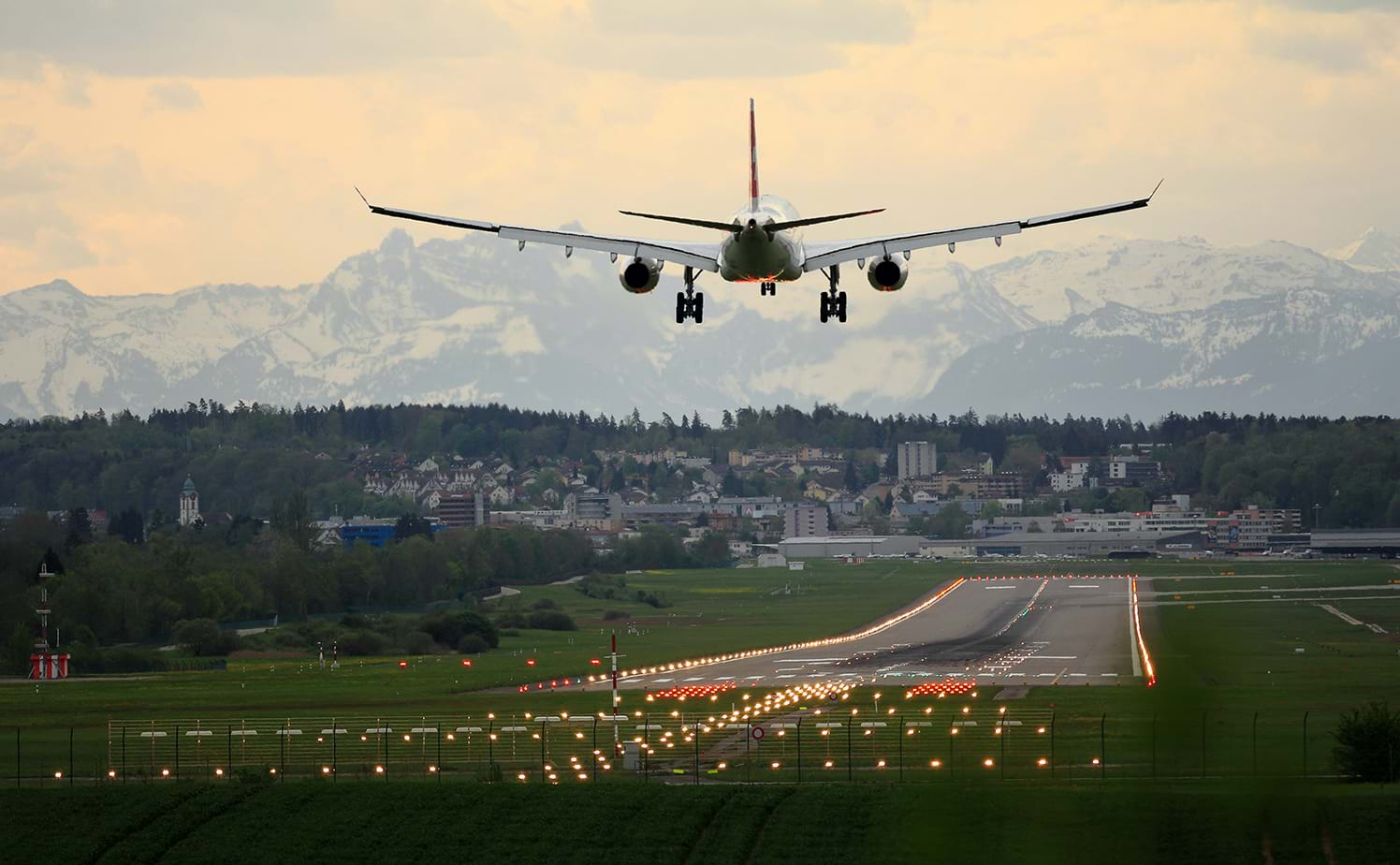 Photo by Pascal Meier on Unsplash
Photo by Pascal Meier on Unsplash
SMART HOLIDAY TRAVEL TIPS
Plan your trip
We have an entire section of our site devoted to trip planning, so whether you’re planning a road trip or a round-the-world tour we can help make planning easier and travel safer and more enjoyable.
Monitor costs
Hopper wants you to download its app to monitor flight prices. It’s not a bad idea, though you can do much the same thing on Google Flights.
Whichever route you take, knowing where you want to go and paying attention to flight costs is always smart.
Book refundable flights and stays
If your life is messy and constantly in flux, refundable flights and stays are your travel refuge.
Major travel sites are getting better at listing the refund policies for flights and hotels. Read the terms carefully, looking for loopholes they might use to not pay you.
You can also search your favorite travel site for terms like “free cancellation" or "reserve now, pay later."
Also, when searching flights online, scrutinize what’s included with the ticket, noting verbiage on flight changes and cancellations. You may have to pay more for refundable tickets, but for the holiday season it might be worth it.
Wait to book your hotel
Last-minute lodging sites like HotelTonight can be great if you’re just pulling into town and need a cheap place to stay.
It’s a gamble, though. Prices fall the closer you get to your arrival time but the supply dwindles, meaning you may not get the location, hotel brand or room type you want.
The only exception: High-demand areas like ski resorts, where you’ll want to book early – and pay the price – to get prime dates.
Choose your flights wisely
The later in the day you fly the greater the risk of having a flight delayed or canceled. This effect is more pronounced at small airports in Northern Tier states around the holidays.
For example, according to the Department of Transportation’s Air Travel Consumer Report, some of the most delayed airports in the country during December 2024 were:
- Concord, N.C.
- Aspen, Colo.
- Alpena, Mich.
- Ashland/Huntington, W.V.
- Aberdeen, S.D.
- Sanford, Fla.
- Columbus Rickenbacker, Ohio
- Belleville, Ill.
- Mason City, Iowa
- Akron/Canton, Ohio
This can have ripple effects; for instance, the on-time stats for Boston Logan, Newark and Washington Reagan were poor in December 2024, in part because of delays at airports feeding into these terminals.
Very often planes servicing small airports go back-and-forth to these hubs, and if something disrupts the process, everything gets messed up.
Bottom line: Take the first flight of the day whenever you can.
What to do if your flight is canceled
If a flight is canceled while you’re in the airport:
- Work the phones, social media and your airline’s app while you’re waiting in line.
- If you can’t connect with domestic customer service, try the international lines. They may be available when domestic agents aren’t.
- If you have travel insurance, inform them of your flight and get the travel-assistance team involved. All BHTP plans come with 24/7 customer service, so we’re ready to help.
- If you’re going to be stranded a while, consider buying a one-day pass to an airport lounge. The $100 you might spend will be more than offset by the relative comfort of the lounge.
Pro Tip: Though access rules for some airport lounges have changed, many travel credit cards include complimentary access to airport lounges.
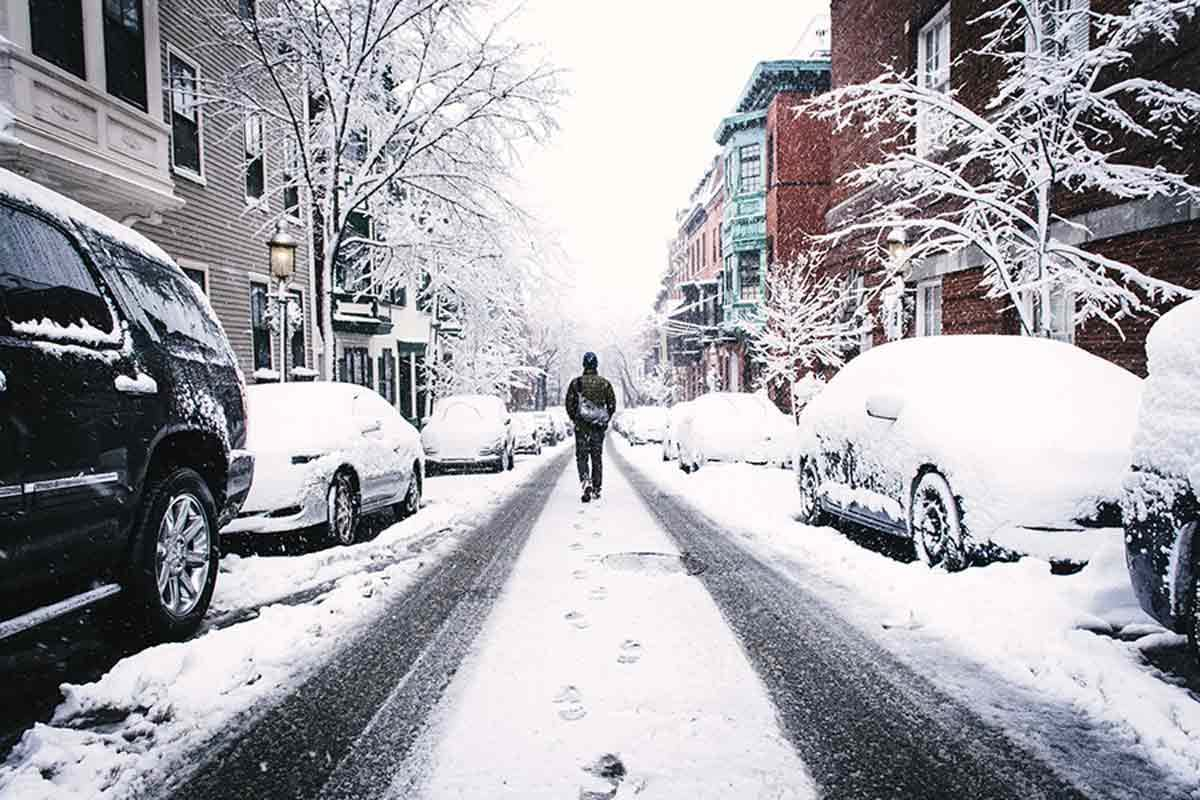 Photo by Alice Donovan Rouse on Unsplash
Photo by Alice Donovan Rouse on Unsplash
CAR TRAVEL TIPS
The vast majority of holiday travelers drive to where they’re going.
Here are some ways of making sure your holiday drive goes smoothly.
Book early to get the car rental you want
For car rentals, fleet sizes are up, though that doesn’t always align with seasonal or vehicle demand.
Rental-car rates were down through the summer, though some estimates have rates climbing through the holidays. Also expect spot shortages (especially around Orlando) for minivans and higher-capacity SUVs.
Florida airports tend to have the biggest rental-vehicle inventory, but what applies to everything else in travel applies here: Book early (and possibly pay more) to get the vehicle you want.
Take action if you get stuck
Dangerous road conditions are always a threat. If you get stranded, don’t panic; stay where you are. Your chances of survival are better inside than outside.
Most cell towers and carriers are unaffected by weather. Call 911 and tell them where you are, who’s with you, your exact location, and how much food, water and gas you have. Then call a friend or relative with the same information.
Even if you don’t have service, it’s vital to keep your phone charged, ideally with a portable power bank. Warmth is crucial, so conserve your body heat. Wrap up in anything you can find and run the car, but only enough to get the cabin moderately warm.
Hopefully you prepared for this by packing a shovel with a telescoping handle, some sand or cat litter, or some cardboard.
If that’s the case and it’s stopped snowing:
- Keep your flashers on and clear out around the exhaust to prevent carbon monoxide from seeping into the cabin.
- Wipe snow off the roof, then the sides, then shovel out the tires, and finally shovel a path in the direction you want to go.
- Make tools from whatever you have on hand. A credit card can double as a scraper, floor mats can sub for cardboard, and a Frisbee makes a passable emergency shovel.
- Turn your wheels from side to side. Rock the car back and forth to get traction.
- Go slow. If your tires are spinning, giving it more gas will dig you deeper.
If you get out, go slow and easy. You just got unstuck; you don’t need to get stuck a second time.
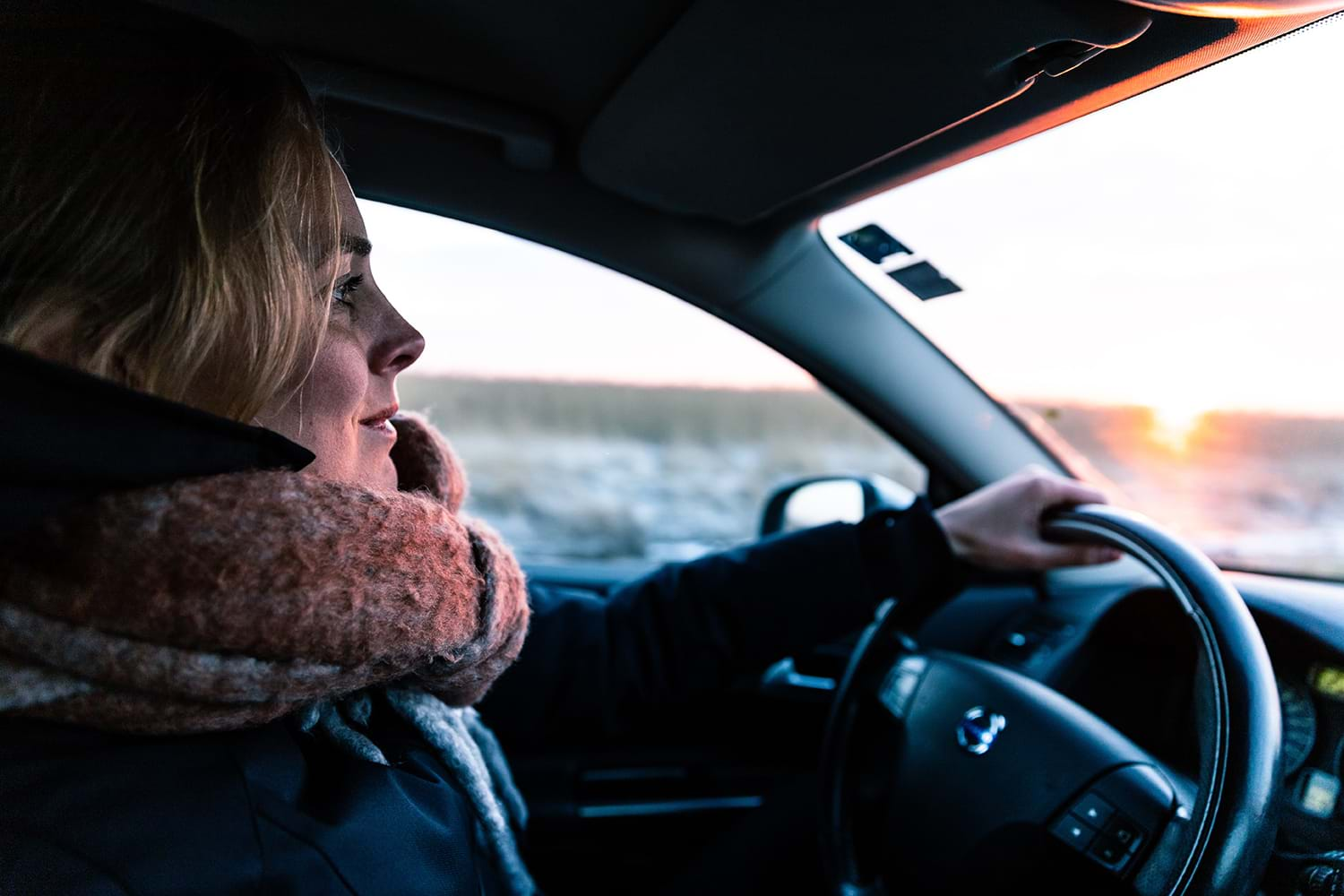 Photo by Jantine Doornbos on Unsplash
Photo by Jantine Doornbos on Unsplash
More winter driving tips
According to the most recent statistics, as many as 550,000 car crashes each year are related to snowy, icy roads, causing more than 115,000 injuries.
To avoid becoming a statistic, follow these winter-driving tips from the National Highway Traffic Safety Administration:
- Increase your following distance on bad roads – especially when following a snowplow
- Pass plows with care
- Inspect your tires, and fill them to the recommended pressure
- Fill your vehicle’s windshield washer reservoir with high-quality “winter” fluid with de-icer
- Replace worn wiper blades
- Test your battery and replace it if it’s old or weak
- Promptly replace burned-out headlights or taillights
In addition, the NHTSA recommends dressing infants and toddlers in thin layers, putting them in their car seat, snugging down the harness, then covering them with a blanket.
Meanwhile, Transport Canada adds brake and exhaust-system checks to its list, and recommends you carry a winter emergency kit with:
- Small shovel with a long handle
- Sand or kitty litter
- Traction mats
- Cloth or roll of paper towels
- Warning light, reflective safety triangles or road flares
- Extra socks, gloves, and footwear
- Emergency food pack
- Water bottles
- Booster cables
- Hand and foot warmers
- Fire extinguisher
- Windshield-washer fluid
- Fuel-line antifreeze
- Extra fuses
- Lock de-icer
- Tool kit with screwdriver, pliers, a hammer, and wrenches
If you have an EV
If you’re driving an EV in snow and ice:
- Expect the range your vehicle shows to be half your actual range. Cold, wind and precipitation are all range-killers.
- Remember that just about everything you do in your EV will affect battery life – running the heater, the radio, wireless charging, wipers, fans, everything. If you’re concerned about range, shut down everything you can.
- Charge whenever possible and set your battery’s capacity to 100%.
- If your car isn’t going to make it to the next charging station, find a car dealer, garage, or hotel where you might be able to plug in for the night. Do it sooner rather than later.
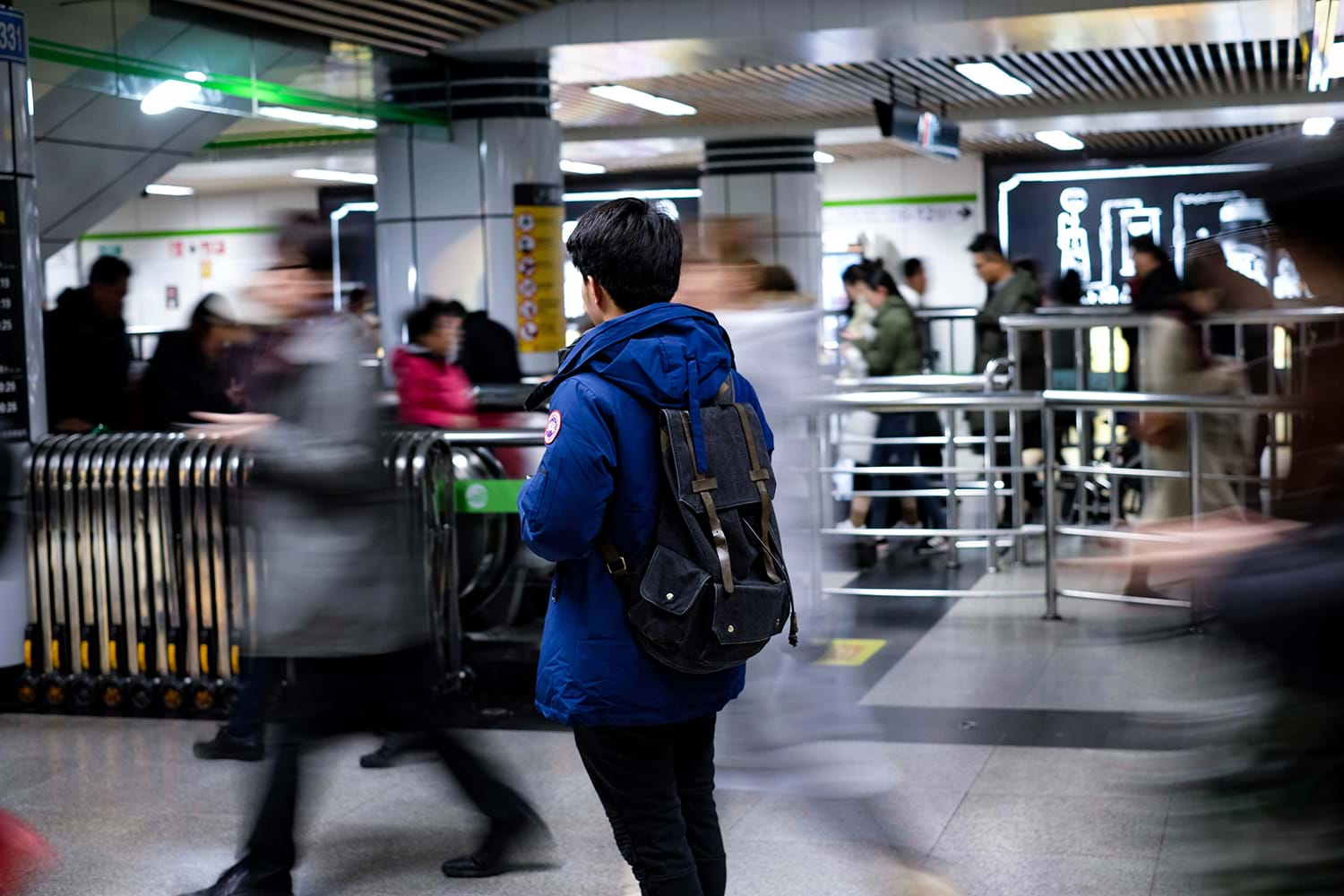 Photo by Adrian Pranata on Unsplash
Photo by Adrian Pranata on Unsplash
OVERALL: BE FLEXIBLE, STAY HEALTHY, CHOOSE WISELY
Be flexible
If booking right away is Holiday Travel Tip No. 1, being flexible is a solid 1a.
Holiday travel takes place at one of the busiest travel times of the year, in a time of rampant personnel shortages and flight chaos, and requires navigating crowds, blizzards, cancellations, family stuff, and everything in between.
If you want to make it through safely, you’re going to need to be flexible.
Flexibility means two things:
- Staying calm and collected when your travels go wrong
- Building flexibility into your travels, so you can handle upheavals
Stay healthy
COVID’s still around, so a vaccination (if you can get one) is recommended. Get a flu shot and an RSV vaccination as well, especially if you’re in a high-risk group.
Having the flexibility to go where you want is important, so have the health stuff buttoned up – especially if you have an underlying health condition.
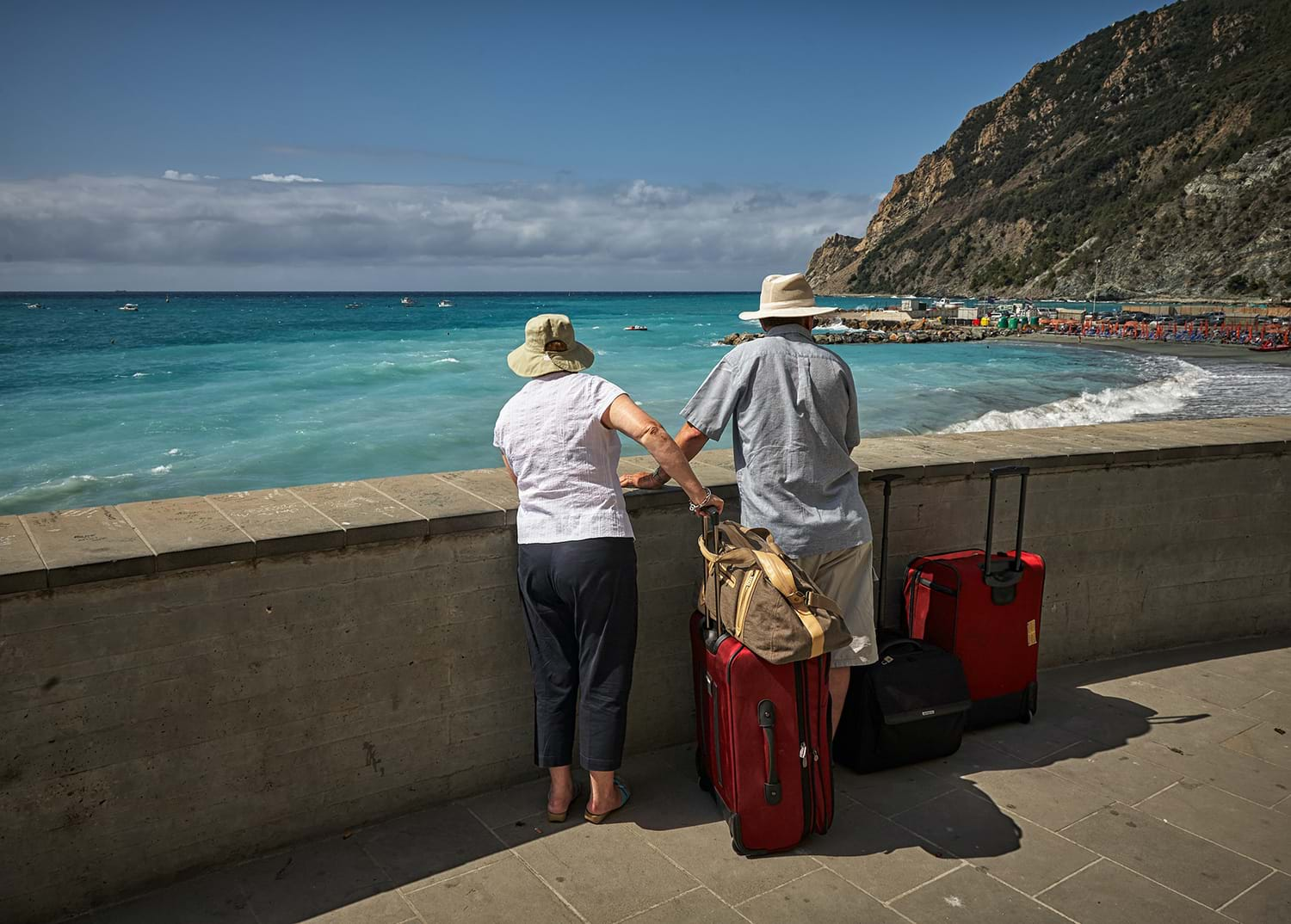 Photo by Vidar Nordli-Mathisen on Unsplash
Photo by Vidar Nordli-Mathisen on Unsplash
Choose the safest places to travel
If you’re going to travel this holiday season but want to keep safe, where are the safest places to travel? Berkshire Hathaway Travel Protection has determined the world’s safest countries and cities for the upcoming year, as we do every year, and here are the top five safest countries:
- Netherlands
- Australia
- Austria
- Iceland
- Canada
The top five cities are:
- Reykjavik
- Copenhagen
- Zurich
- Amsterdam
- Honolulu
These lists of mainly cold-weather destinations don’t generally align with where people are traveling for the holidays – except for Honolulu, which sits smack in the middle of the Venn-diagram overlap for desirability and safety.
On the other hand, Thanksgiving in Amsterdam can be pleasant and relatively inexpensive.
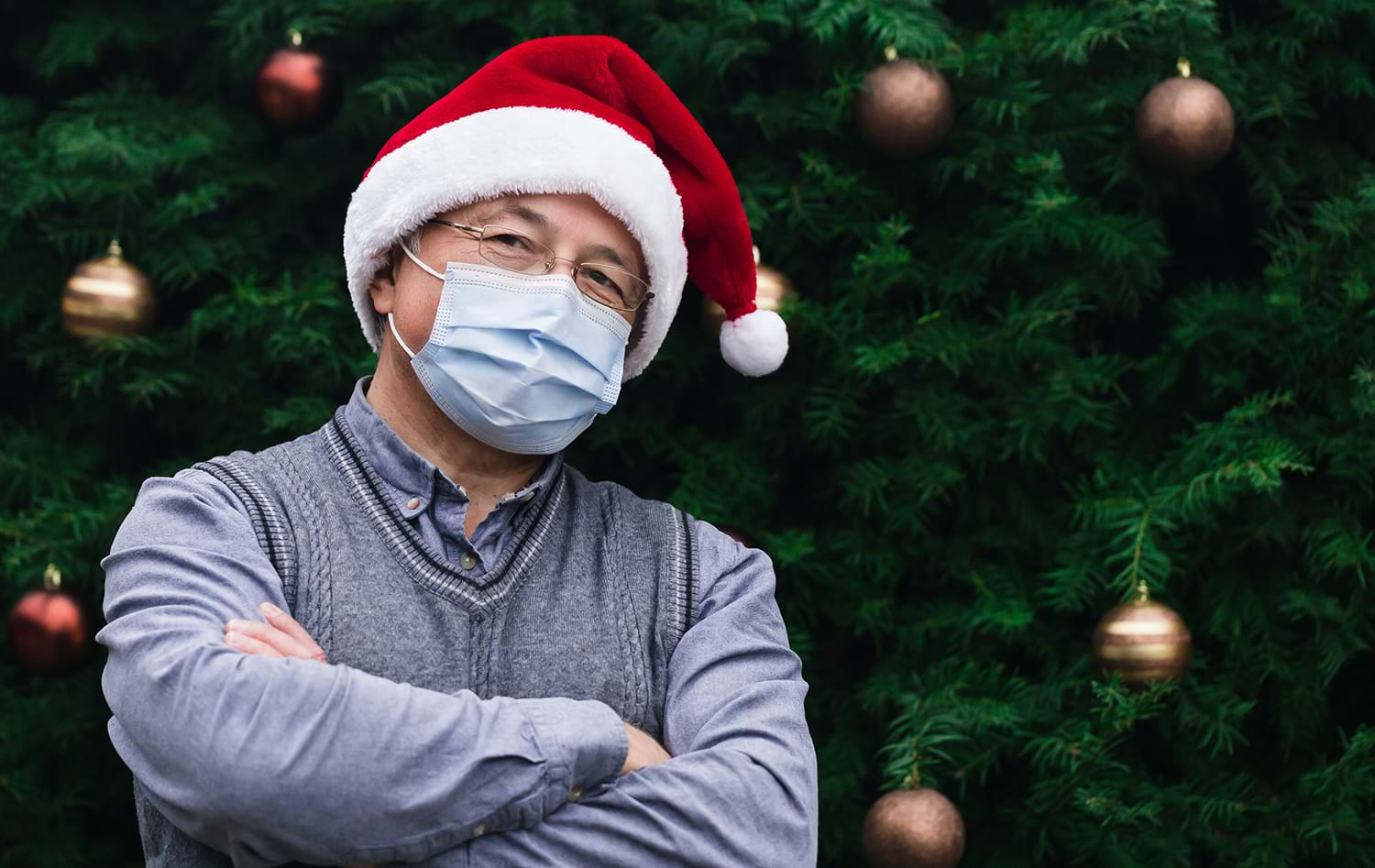 Photo by Volodymyr Hryshchenko on Unsplash
Photo by Volodymyr Hryshchenko on Unsplash
LAST, BUT CERTAINLY NOT LEAST: BUY TRAVEL INSURANCE
We’re not saying that travel insurance will lessen the craziness of this holiday travel season, but it will give you the peace of mind that comes from knowing you’ll be reimbursed if travel issues mess with your trip.
Additionally, the travel assistance offered with BHTP coverage will help smooth the literal and figurative bumps in the road.
Travel insurance is also surprisingly affordable for most types of holiday travel. You can get a quote today and see for yourself.
So go ahead – tell Little Jack Frost to get lost. You’re covered.
Questions About Travel Insurance?
Check out our online guide, "What Is Travel Insurance All About?" We've provided in-depth answers to all your travel insurance questions, starting with the basics.